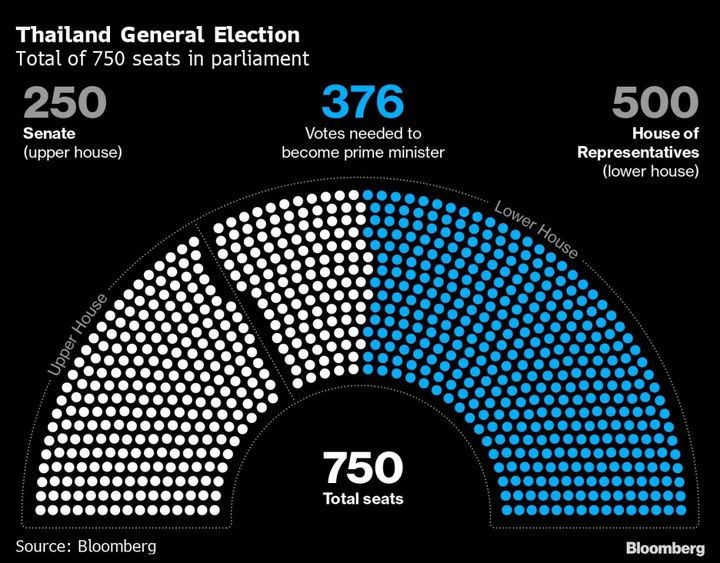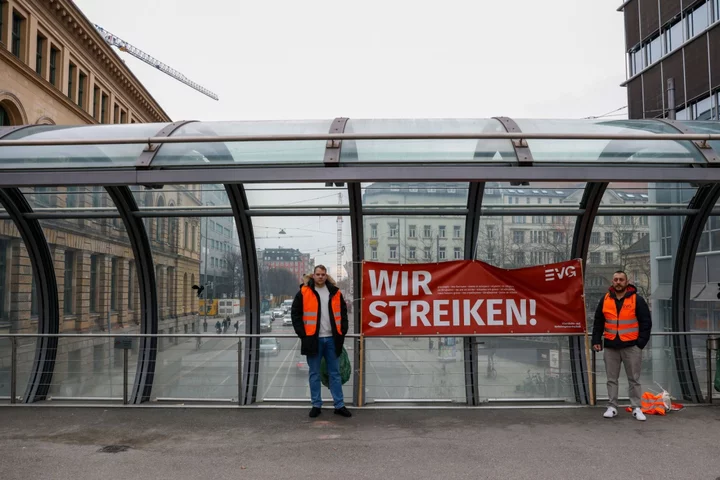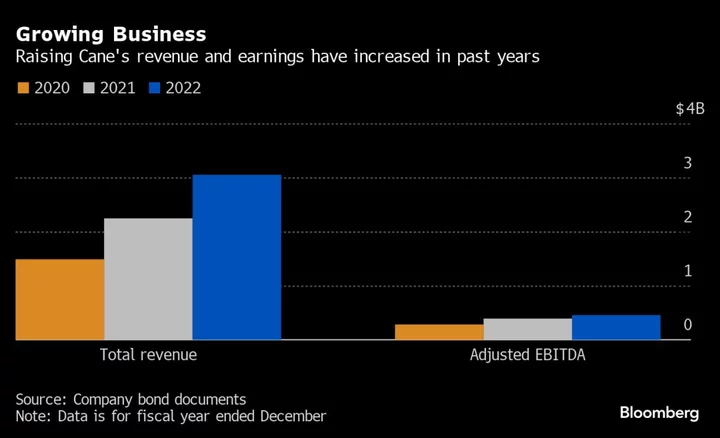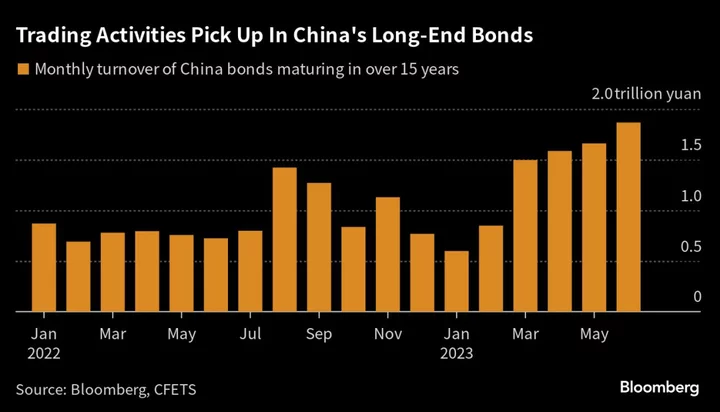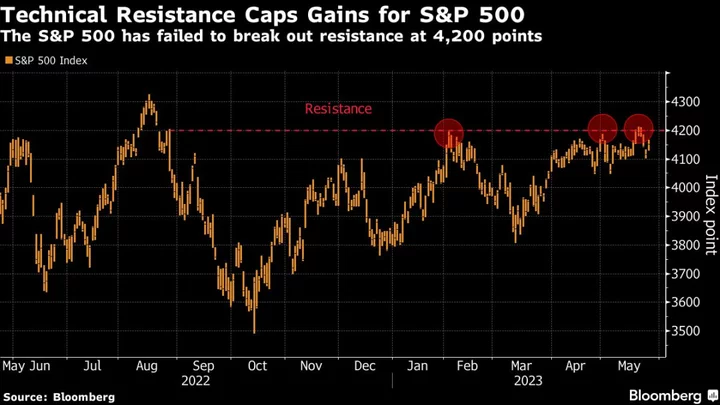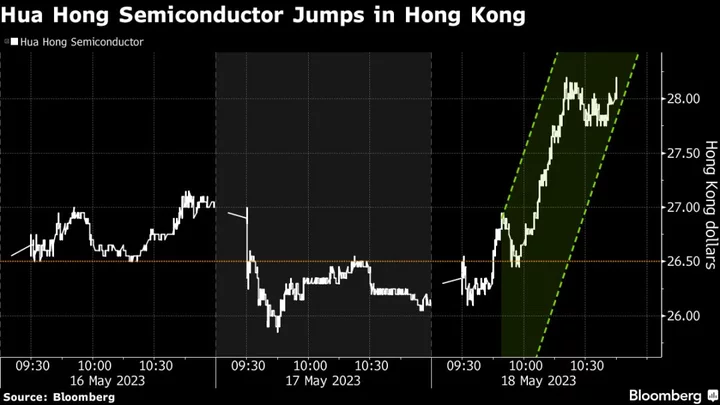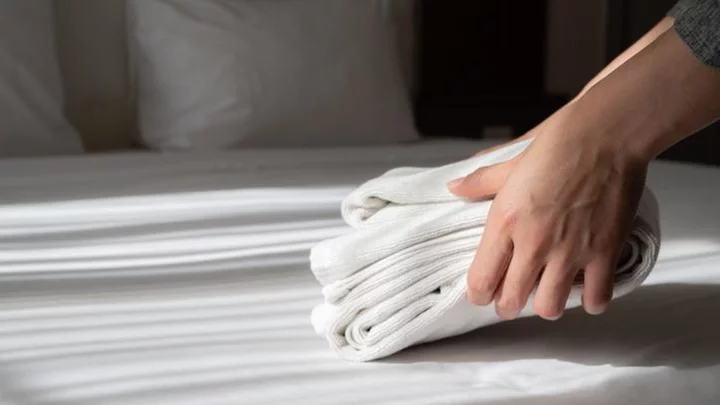A record number of Thais are projected to go to the ballot boxes in Sunday’s parliamentary election as voters decide if they’ll shift leadership away from almost a decade of military-backed rule.
More than 50 million Thais are eligible to vote, and the Election Commission expects an 80% turnout. That would be the highest for the House of Representatives since at least 1946, according to data from the International Institute for Democracy and Electoral Assistance. More than 90% of about 2.3 million people who registered for early polling did so last Sunday.
Voter interest had been building up as mostly young, liberal opposition politicians call for change in a duel with the old guards, prompting incumbent Prayuth Chan-Ocha who’s been in power since 2014 to warn that groups proposing sweeping societal changes will drag the country into a “black hole of conflict.”
Pheu Thai, linked to influential former premier Thaksin Shinawatra, and Move Forward, a party popular among young and urban voters, are on course to sweep the election, according to many opinion polls conducted up to the first week of May.
While many parties, including pro-establishment groups, are wooing voters on a similar slate of promises such as cash handouts, wage hikes and suspension of debt repayments, Pheu Thai and especially Move Forward have been calling for changes in the political system including military reforms and a rewrite of the constitution.
On Friday, prime minister front-runners Paetongtarn Shinawatra of Pheu Thai, Move Forward leader Pita Limjaroenrat, incumbent Prayuth and others addressed supporters at rallies to mark the end of election rallies.
A landslide win for pro-democracy parties isn’t a guarantee of a clear path to clinching Thailand’s top job as 250 military-appointed senators have equal powers as the 500 elected lower house members to decide on the next prime minister. Even if Pheu Thai forms a coalition with another party, that union faces the risk of another coup or disbandment as what their predecessors experienced.
While the army chief has ruled out another coup in the event of post-election turmoil, the formation of a new government may be delayed if parties legally challenge the outcome.
“We do not rule out legal and technical issues related to the election, which could require adjudication by the Constitutional Court,” said Tim Leelahaphan, a Bangkok-based economist at Standard Chartered Bank Plc. “This could delay the government formation process.”
The election outcome will also set the tone for Thailand’s stock market, Asia’s worst performer this year after foreign investors pulled out about $2 billion. The baht has remained largely unfazed, gaining almost 2% in 2023 to emerge as the second-best performer in the region after the Indonesian rupiah.
More than 6,600 candidates are vying for 500 parliament seats, and over 60 politicians are in the running to become premier.
While Pheu Thai focused its strategy mostly on proposals to soothe economic hardship, Move Forward is riding a wave of support from younger voters in its campaign to amend strict laws against insults to the king and other top royals. There’s also the Bhumjaithai Party — best known for leading the push to legalize cannabis — which could end up tipping the balance after the vote.
Pheu Thai and other parties linked to Thaksin have won the most seats in every election since 2001 — only to see generals and judges aligned with the monarchy boot them out of office or disband them entirely.
The opposition must win at least 376 seats in the lower house to counter the likely move of Prayuth-appointed senators, with tenures until 2024 and who would likely vote for a premier that will keep the military-backed coalition in power.

